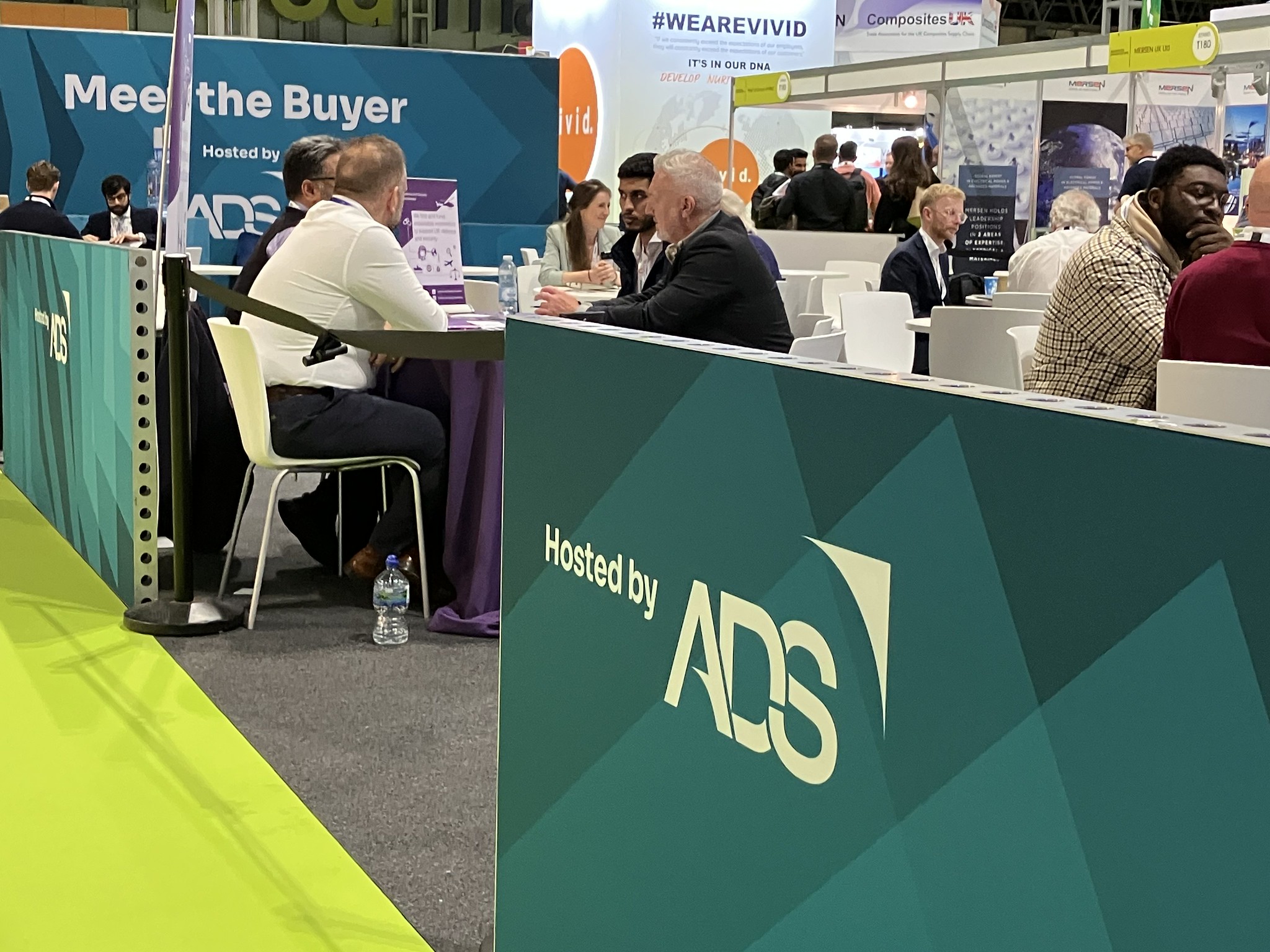
In the dynamic landscape of UK REACH, adaptability is key. As the regulatory landscape continues to evolve, it is crucial for businesses in the sector to stay informed and adapt to ensure compliance.
In the first of two blogs, we recap on the UK REACH framework, its scope and exemptions and the key challenges faced by the aerospace industry. In the second blog, we delve deeper into some of the intricacies of UK REACH, including shedding light on upcoming sunset dates.
Ed Raggett, ADS Head of Business Development – Aerospace explains:
Companies must stay abreast of regulatory updates, engage with industry associations, and collaborate with regulatory bodies to address challenges collectively. We recognise the complexities of regulatory compliance and through the ADS Sustainable Materials Working Group , we are dedicated to assisting our members in navigating the challenges posed by UK REACH.
UK REACH: A recap
Following the UK’s departure from the EU, the United Kingdom implemented its own version of the REACH regulation, aptly named UK REACH. This framework mirrors many aspects of its European counterpart but comes with unique considerations to make it operable for companies operating in the UK market.
Under UK REACH, the Health and Safety Executive (HSE) has taken on this responsibility for chemical management and regulation in the UK.
The UK REACH and the EU REACH regulations operate independently from each other. Companies must ensure compliance with both regulations, where necessary. Under the terms of the Northern Ireland Protocol, EU REACH continues to apply in Northern Ireland.
UK REACH applies to the majority of chemical substances that are manufactured in or imported into Great Britain (GB) (England, Scotland, Wales). This can be:
- A substance on its own
- A substance in a mixture, for example ink or paint
- A substance that makes up an ‘article’ – an object that is produced with a special shape, surface, or design, for example car, furniture, or clothes.
Key Challenges for ADS Members
- Data Sharing and Access – Industry heavily relies on various chemical substances, many of which require registration under UK REACH. Accessing and sharing data for registration purposes, especially data originally submitted to the EU REACH system, poses a challenge. Collaboration within the industry is crucial for overcoming this hurdle.
- Dual Compliance Efforts – Companies that were compliant with EU REACH face the task of adapting to UK REACH requirements. The dual compliance efforts can be resource-intensive and may require strategic planning to streamline processes and reduce administrative burdens.
- Authorizations for SVHCs – Companies dealing with Substances of Very High Concern (SVHC) may need to reapply for authorizations under UK REACH. Ensuring the continued use of these substances requires a proactive approach to navigate the authorization process.
- Supply Chain Impacts – The supply chain is intricate, and disruptions can have cascading effects. Companies need to assess the compliance status of their suppliers and communicate effectively with customers to maintain a smooth flow of operations.
Your duties under UK REACH
Your business must identify and manage the risks presented by substances you manufacture and place on the market in GB. You must be able to demonstrate how the substance can be used safely and you must communicate the risk management measures to the users.
You will need to consider your role in the supply chain in GB and how you use chemicals to determine what your obligations may be. Your previous role under EU REACH may have changed significantly under UK REACH so you should review your role(s) (previous GB downstream users under EU REACH may now be importers under UK REACH).
UK REACH:
- covers all sectors manufacturing, importing, distributing, or using chemicals as raw materials or finished products (not only the chemical industry)
- applies regardless of your company size
- makes you responsible for the safe use of the substances you place on the market or use
- requires every actor in the supply chain to communicate information on the safe use of chemicals
Scope and exemptions:
Generally, UK REACH applies to all individual chemical substances on their own, in mixtures or in articles. Some aspects only apply at one tonne per year or more.
- Some substances are specifically excluded:
- Radioactive substances
- Substances under customs supervision
- The transport of substances
- Non-isolated intermediates
- Waste
- Some naturally occurring low-hazard substances
Some substances, covered by more specific legislation, have tailored provisions, including:
- Isolated intermediates
- Substances used for research and development
For more information go to the HSE guidance on UK REACH registration.
ADS Sustainable Materials Working Group (SusMat)
The ADS SusMat Working Group assists ADS members in managing the risks associated with hazardous substances to coordinate, communicate, and promote authoritative information exchange. It gives early warnings, coordinating responses and positioning. It briefs members through workshops, webinars and briefings through the ADS website and other media.
It is involved in guidance formation for supply chain communication on REACH / RoHS / CLP / POPs, etc. The Group also builds relationships with regulators and legislators (BEIS, HSE, MPs, MEPs, ECHA, EC, CAA/EASA, etc.) and works with other groups such as ASD, AIA, BCF, SEA, IAEG, etc., on Hazardous substances to stakeholders informing on regulatory compliance and risks that affect the aerospace, defence, and security sectors.
The SusMat Working Group also covers changes in legislation and conventions where they could have a material effect on the industry. This includes impact on the use or availability of substances and mixtures. It also includes impact on the measures needed for their use.
Conflict minerals and Health and Safety legislation unrelated to chemicals or mixtures is specifically out of scope.
How to Join?
You can access information about the group here.
To join, enter your ADS member login details, and follow details on how to join.





